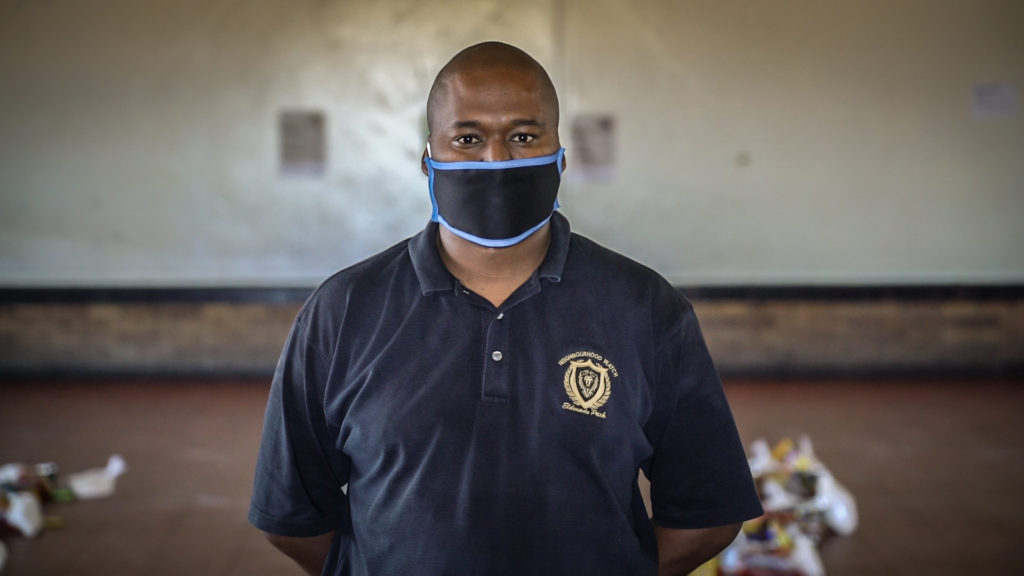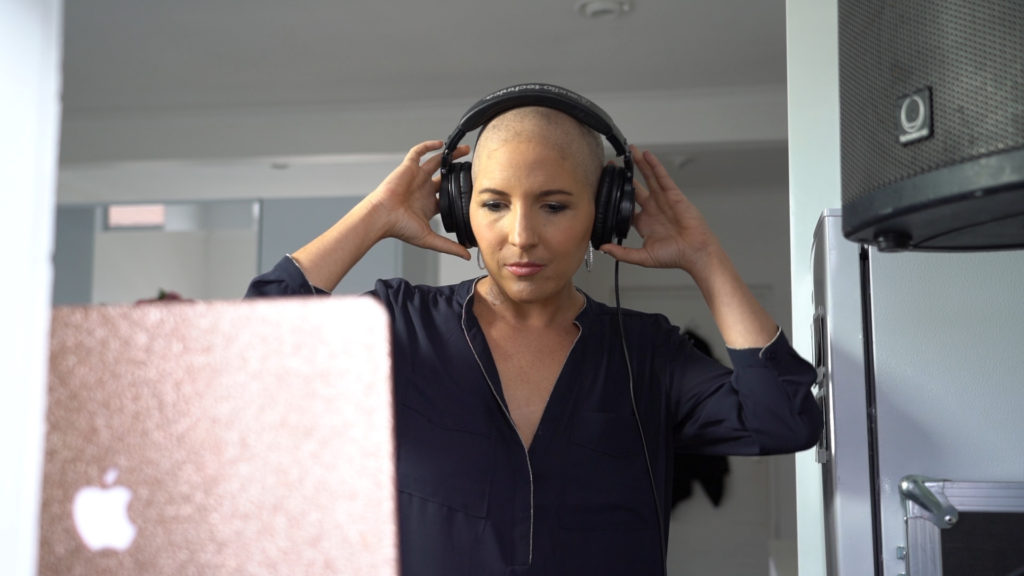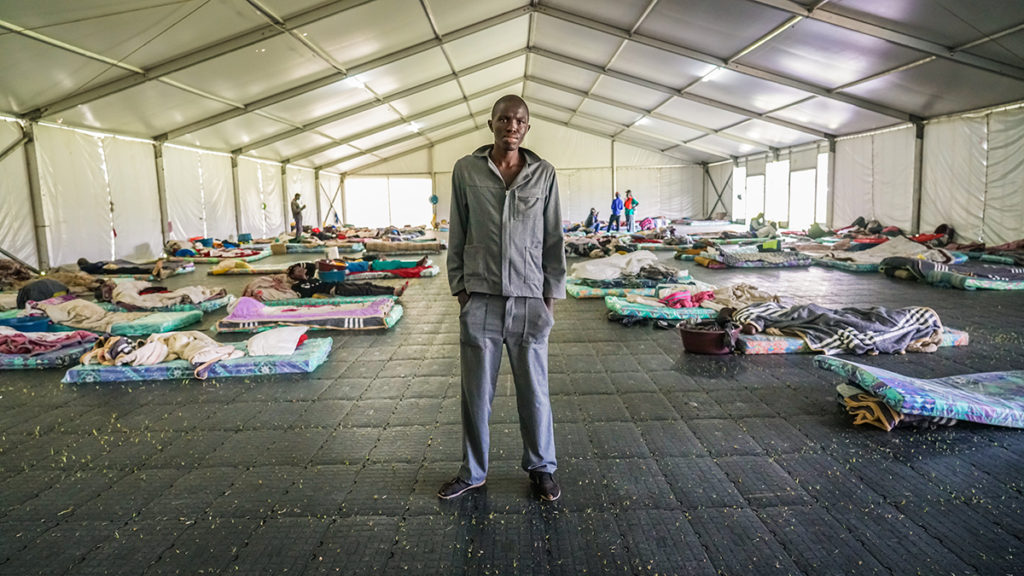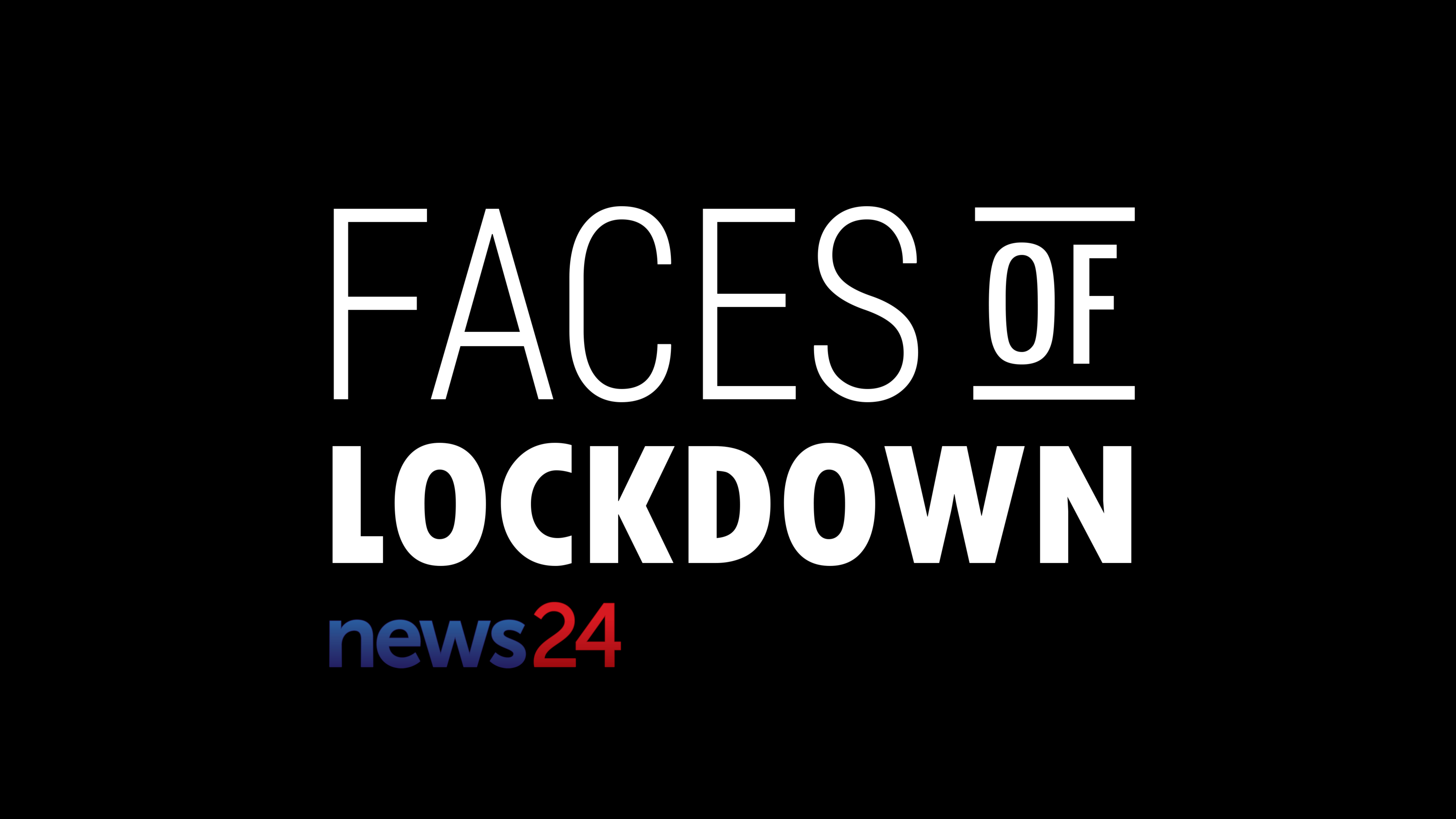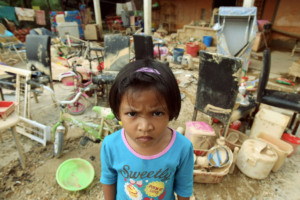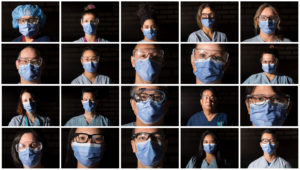Summary: When South Africa went into a national lockdown to curb the spread of the coronavirus in March 2020, life changed overnight and had drastic implications for many people. In addition to the impact the lockdown had on people’s jobs, incomes and daily routines, it affected many people in unexpected ways. News24 spoke to ordinary South Africans – a cancer patient, a former addict, and a sangoma, among others – to paint a picture of what life was like in South Africa under lockdown.
At the start of this year, millions of people around the globe took to their journals to plot out their plans for the months ahead. Many of these included travel, business ventures, sporting endeavours or cross-country relocation.
But then the novel coronavirus broke out and put the world on an indefinite pause. On 5 March, South African Health Minister Zweli Mkhize confirmed the country’s first positive case of the deadly virus. In the same month, the WHO declared the outbreak a pandemic. With a vaccine for the virus still in development, several countries had to shut down, as a means to curb its rapid spread.
On 23 March, with the number of infections at 402, South African President Cyril Ramaphosa announced a 21-day nationwide lockdown.
“This is a decisive measure to save millions of South Africans from infection, and save the lives of hundreds of thousands of people,” Ramaphosa said in his address to the nation. Schools closed, physical distancing was enforced and South Africans were restricted from leaving their homes. The buying and selling of alcohol and cigarettes were outlawed. Slowly, wearing a face mask in public became the norm.
In a subsequent national address, the president asked the nation to “endure even longer” and extended the lockdown. Although initial restrictions have subsequently eased, the country is unlikely to ever go back to normal. Life as we knew it has changed, but the extent and scale of this change is still unforeseeable.
For many South Africans, this was the first time their freedoms were restricted and many citizens weren’t sure how to deal with the virus and its ramifications.
In a bid to better understand how South Africans were adapting to a new normal, News24 spoke to several citizens across the country, to find out how they were living through the pandemic.
In this series of video and audio features, we set out to highlight the experiences of a wide range of South Africans, all living in lockdown. In total, the series consisted of a podcast and several video features, all hosted on a special site.
The entire team of News24 multimedia journalists set out to find interesting subjects, willing to share their stories with us.
We tried to find people in different sectors, all who had been impacted by lockdown, but in different ways. The ban on alcohol and cigarettes for example meant that South Africans addicted to these substances weren’t able to get their fix. Acclaimed author Melinda Ferguson was happy to share her experience as a former drug addict with us. She had been vocal about experiencing the same kind of feelings in the lockdown period as she did, when she was a hopeless drug addict.
When homeless people were rounded up off the streets and placed in temporary shelters, we spoke to Neo Letlape who said he wasn’t aware of the lockdown and did not understand what people were talking about initially.
Nuraan Osman director of the Ihata shelter for abused women and children was faced with the difficult task of ensuring people’s basic human rights were met, while trying to make sure everyone is protected inside the shelter.
When the hunger crisis made headlines we headed out to Lavender Hill to speak to community activist Lucinda Evans who is doing her best to keep her community fed.
Each of the stories were compiled with great care. While South Africans were isolated we wanted them to know that they were not alone and that others were going through similar experiences.
The goal of this project was to place the people of South Africa, their triumphs and disappointments, failures and successes, front and centre in the story of Covid-19 in South Africa.
